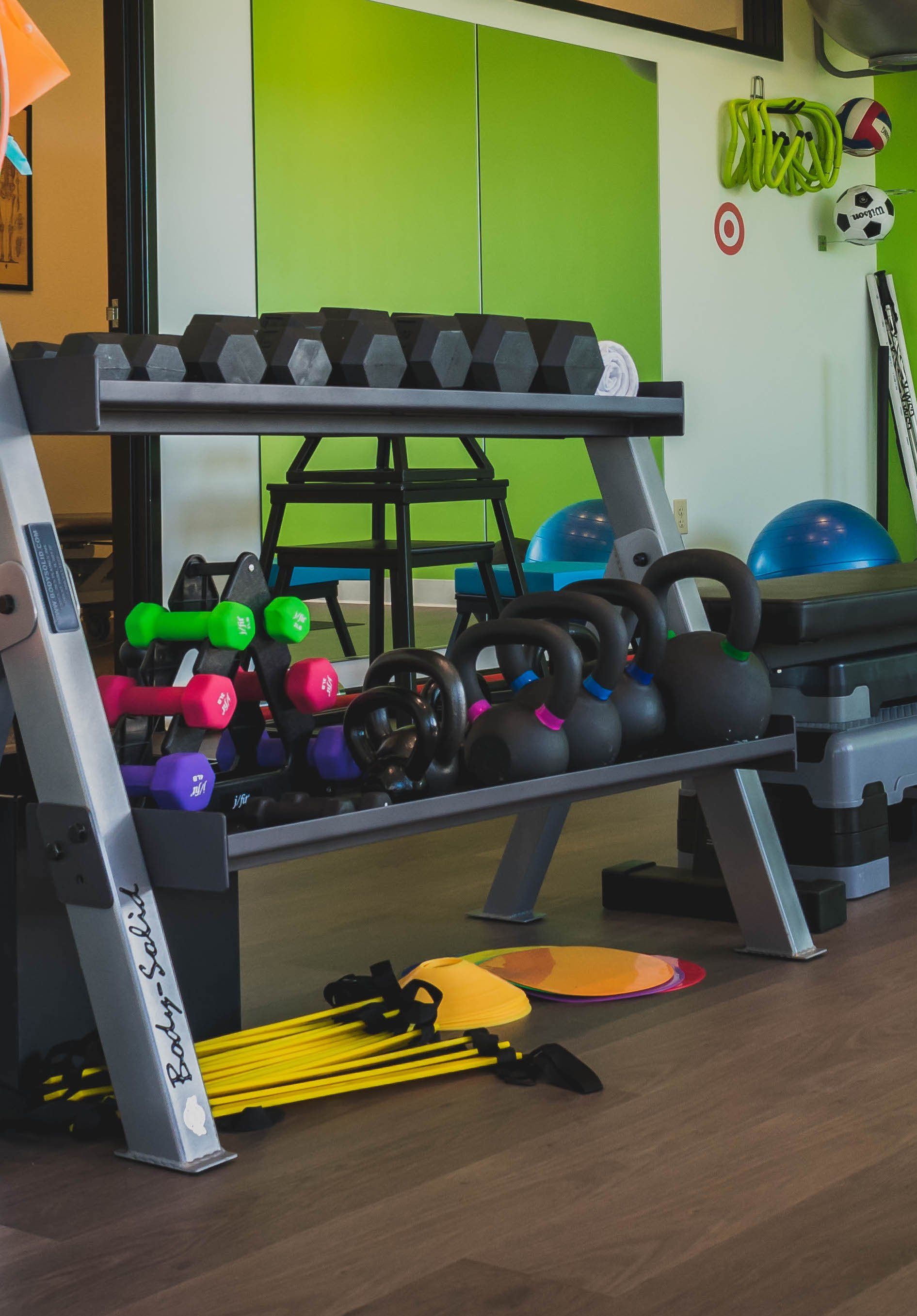Men’s Health Physical Therapy
Men’s Pelvic Health: Demystifying What’s Going On ‘Down There’
It’s estimated 8-10% of men will experience pelvic pain or incontinence in their lifetime. Many times these conditions go unidentified and vastly untreated. You may have sought out treatment before and experienced a frustrating cycle of being passed from doctor to doctor with little to no solutions or relief. We’re here to help you find answers and get relief from issues that are impacting your life.
What Do Pelvic Floor Muscles Do?
You can think of your pelvic floor muscles like a hammock attaching at the front of your body (pubic symphysis) to the back of your body (coccyx) and the sides spanning to your sit bones (ischical tuberosity). The pelvic floor is a hardworking set of muscles allowing for stability and control of your bladder and bowel. Men’s pelvic floor muscles also help to produce longer-lasting erections.
Pelvic floor muscles work to support and are naturally activated during events with increased intra-abdominal pressure such as moving sit to stand, lifting, a cough or sneeze. These muscles also relax with defecation allowing for urine and fecal matter to pass through. Men can have issues regarding incontinence especially following surgery such as a prostatectomy. Male patients can also present to doctors and physical therapy with differing types of pelvic pain. Often pelvic pain in men can have a high correlation to being over reactive/facilitated within pelvic floor muscles such as chronic clinching and other varying factors.
Tight Pelvic Muscles? Or Weak Pelvic Muscles?
Pelvic pain in men typically has a muscular component. Pelvic tightness is often the culprit of pelvic pain. Kegals/pelvic floor contractions are exercises to strengthen the pelvic floor. However, if your muscles are already too tight, facilitating them more could cause more pain and being a negative impact upon your recovery! Common symptoms often found within patients with a tight pelvic floor are pain or discomfort with urination, bowel movements or sex.
Not sure if your pelvic pain is caused by too tight or too weak muscles? You don’t have to go through a series of trial and error. Work with an expert physical therapist to determine what’s really going on down there. Being aware of these muscles and how they work can also help to prevent future health problems.
Common conditions treated with Men’s Health Physical Therapy include:
• Pre and Post Prostatectomy
• Prostatitis
• Urine Loss
• Erectile Dysfunction
• Chronic Constipation
• Perineal Pain
• Testicular / Scrotal Pain
• Penis / Groin Pain
Through a combination of manual therapy techniques, custom pelvic floor exercises for men, stretching, and patient education, your physical therapist will work with you to pinpoint the cause of your pelvic pain or discomfort to create a plan of care that is unique to your body and specific symptoms. Treatment for pelvic pain in men can be thought of the same way any sort of physical therapy treatment is; it’s simply a different part of the body. Your treatment will vary based on your specific condition but may include a combination of:
• Manual therapy techniques, like soft tissue massage and also pinpointing the correct muscles to target while exercising.
• Relaxation / Strengthening Techniques and Strategies to either strengthen or weaken improperly functioning muscles.
• Patient Education to learn how to locate specific muscles while performing pelvic floor exercises for men.
• Use of pelvic floor stimulation for strength and decreased pain.
• Direct functional dry needling to abdomen or pelvic floor accordingly.
• Use of Bio-feedback for up training and down training accordingly.
• Assessment to improve pelvic floor muscle activity and coordination with your core.
Contact a men’s pelvic floor physical therapist today for answers about what’s causing your pelvic impairments.
